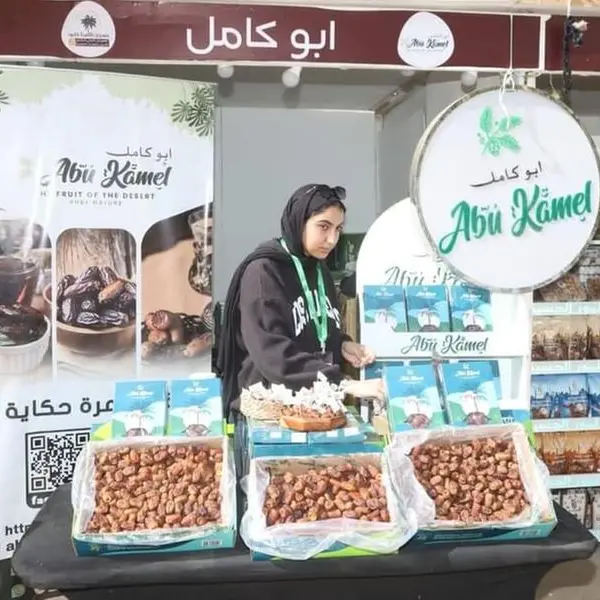The chairman of airlines group Emirates recently stated that the “UAE's aviation sector remains a key driver of our economic growth”, This is an excellent point. The important part is to understand that the aviation sector is not just a driver of the UAE economy in terms of per company financials and employment but more so by making the UAE ever more connected globally.
Much of the focus on global aviation recently has been the discussion about short-haul versus long-haul strategies. This is a central strategic issue on a per-company basis. But on a macro-economic level it is clear that long-haul strategies are far superior in adding value by connecting the UAE to the global economy.
Physical meetings are far more powerful for generating new business, entering new markets and developing new partnerships than using only email, phone calls and video calls. In addition, the more business executives who visit the UAE, the more they overcome any sense of fear of the foreign. Anyone can attest to how their first visit to the UAE completely transformed their view of the country.
Aviation is not just about transporting passengers, air freight is also an integral part of the business. The UAE’s central global location makes it a natural hub. Importantly, long-haul routes and large planes able to move higher amounts of cargo means that it is far less costly than using short-haul based airlines. Short-haul based airlines face twin cost barriers in competing with Etihad and Emirates for cargo.
The first is that they will require more stops. The more stops the greater the fuel cost as they keep taking off with the same cargo, and take off is the most fuel inefficient part of the a flight. The second is if there needs to be a plane change. The logistics of unloading cargo, storing it and then re-loading it on the next short-haul flight is expensive.
The UAE’s logistical connections do not end with air freight. Multiple sea-ports, both on the Arabian Gulf and the Arabian Sea, complement the air freight business. Supporting the physical logistical infrastructure are industrial free zones with easy access to airports and sea ports, such as the Khalifa Industrial zone and the Jebel Ali free zones. A layer above that includes DP World which describes itself as a trade enabler, and rightly so with 40 locations ranging across Canada, Brazil, France, Mozambique, Kazakstan, India, China, Australia and many more. DP World’s global success shows a world class level of service.
But that’s not all. The physical infrastructure and the enabling services built around them is fostering an entrepreneurial-led eco-system of logistical operations. One of the greatest startup success stories in the region is Souq, the Mena e-commerce business founded and located in the UAE. Souq was recently bought by Amazon for over half a billion U.S. dollars. Logically, the greatest value to Amazon is not Souq’s tech or client base, both of which Amazon has or can easily acquire. Instead, it would be Souq’s logistical capability for sourcing and distributing product.
Souq is not the only success story. Other e-commerce start-ups founded in the UAE have also been snapped up, including JadoPado by noon and Namshi by Emaar Malls. TruKKer has innovated the market for the aggregation of trucks with an on-demand service that connects operators with shipping firms.
The growing and evolving ecosystem of physical infrastructure, services and entrepreneurial innovation is strengthening the UAE’s integral role in global trade. In terms of China’s ambitious One Belt, One Road strategy, the UAE has not only secured a critical role, it may even become the buckle that holds the belt together.
Any opinions expressed in this article are the author's own.
Disclaimer: This article is provided for informational purposes only. The content does not provide tax, legal or investment advice or opinion regarding the suitability, value or profitability of any particular security, portfolio or investment strategy. Read our full disclaimer policy here.
© Opinion 2019





















